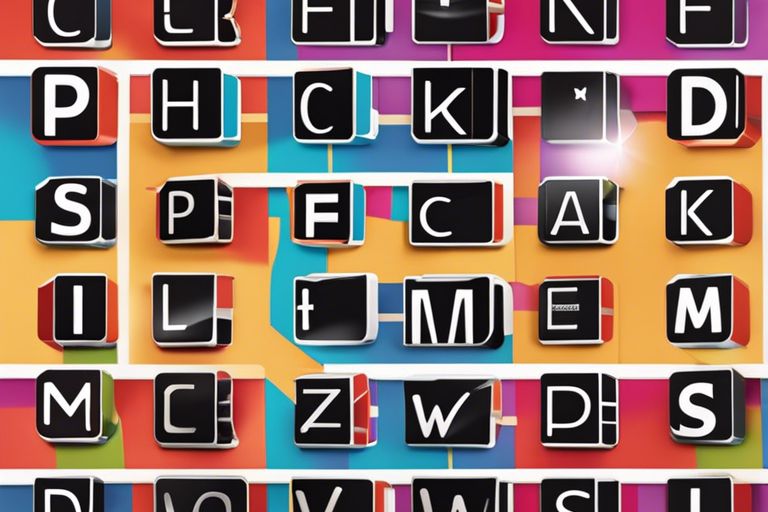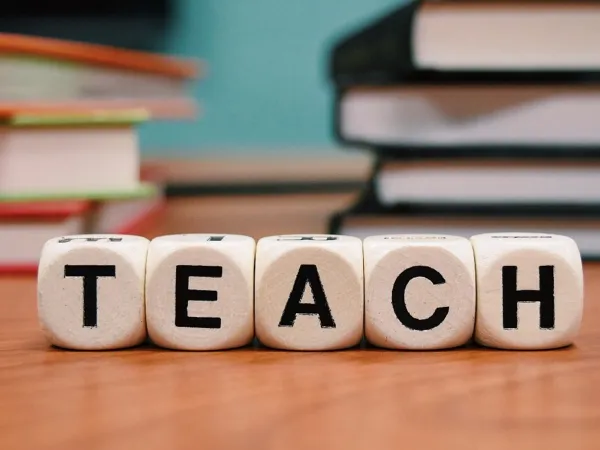Dyslexia is a common learning difficulty that affects the ability to read, write, and spell. However, with the right support and strategies, individuals with dyslexia can overcome these challenges. Phonics, a method that focuses on the relationship between sounds and letters, plays a crucial role in helping individuals with dyslexia improve their reading and spelling skills. By breaking down words into their component sounds and understanding how these sounds correspond to letters, phonics can improve reading fluency and accuracy. It is important for educators and parents to incorporate phonics instruction in dyslexia intervention programmes, as it can significantly enhance reading comprehension and overall academic success for individuals with dyslexia. Embracing phonics as a key tool in overcoming dyslexia can lead to positive outcomes and increased confidence in individuals struggling with this learning difficulty.
Key Takeaways:
- Phonics is important: Phonics instruction can significantly help individuals with dyslexia to improve their reading and spelling skills.
- Systematic approach: Teaching phonics in a structured and systematic way is crucial for individuals with dyslexia to build a strong foundation in decoding words.
- Multisensory techniques: Using multisensory techniques, such as visual, auditory, and kinesthetic methods, can enhance the learning experience for individuals with dyslexia.
- Early intervention is key: Introducing phonics instruction at an early age can help in early identification and intervention for individuals with dyslexia.
- Personalised learning: Tailoring phonics instruction to suit the individual learning needs of each person with dyslexia can lead to better outcomes in overcoming reading difficulties.
Understanding Dyslexia
Dyslexia is a specific learning difficulty that primarily affects the skills involved in accurate and fluent word reading and spelling. It is a common learning difficulty, affecting around 1 in 10 people to some degree. Dyslexia is a lifelong condition that can present challenges in various aspects of life, such as education, work, and everyday tasks.
Cognitive Challenges Associated with Dyslexia
Individuals with dyslexia often experience difficulties with phonological awareness, verbal memory, and processing speed. Phonological awareness refers to the ability to recognise and manipulate the sounds in words, which is crucial for developing reading and spelling skills. Verbal memory involves storing and recalling verbal information, while processing speed relates to the rate at which information is processed.
These cognitive challenges can make it challenging for individuals with dyslexia to develop strong literacy skills, leading to difficulties in academic performance and self-esteem. Despite these challenges, with appropriate support and interventions, individuals with dyslexia can learn strategies to overcome these obstacles and achieve success in their educational and professional endeavours.
The Importance of Early Detection
Early detection of dyslexia is crucial for implementing effective interventions and support strategies. Identifying dyslexia in the early years allows for timely interventions that can help individuals build vital literacy skills and prevent academic setbacks. Research has shown that early intervention can significantly improve outcomes for individuals with dyslexia, leading to better academic achievement and overall well-being.
Screening for dyslexia should be conducted as early as possible to provide individuals with the necessary support and accommodations. By detecting dyslexia early and providing targeted interventions, we can empower individuals to overcome the challenges associated with dyslexia and reach their full potential.
Phonics as a Remedial Strategy
Phonics is a crucial remedial strategy in helping individuals overcome dyslexia. By focusing on the relationship between sounds and written letters, phonics provides a systematic approach to reading and spelling that is highly effective for dyslexic learners.
Principles of Phonics Education
Phonics education revolves around teaching the sounds that correspond to individual letters and letter combinations. By breaking down words into these necessary sound units, individuals can learn to decode words more easily and accurately. Consistent practice and repetition are key components of phonics education, helping to reinforce the connections between sounds and letters in the minds of dyslexic learners.
Implementing Phonics for Dyslexic Learners
When implementing phonics for dyslexic learners, it is necessary to provide structured and multisensory teaching methods. This approach engages different senses such as sight, sound, and touch to enhance learning and retention. Using visual aids, hands-on activities, and auditory exercises can significantly benefit dyslexic learners in grasping phonics concepts.
Furthermore, personalised learning plans tailored to the specific needs of each dyslexic individual can maximise the effectiveness of phonics instruction. Regular assessment and progress monitoring are also vital in ensuring that dyslexic learners are making steady advancements in their reading and spelling abilities.
Phonics Instruction Techniques
Phonics instruction techniques play a crucial role in helping individuals with dyslexia improve their reading and spelling abilities. By focusing on the relationship between sounds and letters, phonics helps dyslexic learners decode words and build their literacy skills.
Multisensory Phonics Methods
Multisensory phonics methods utilise a combination of visual, auditory, and kinesthetic activities to teach phonics concepts. This holistic approach engages multiple senses simultaneously, reinforcing learning for individuals with dyslexia. Activities may include tracing letters in sand, listening to phonics songs, and using manipulatives to form words.
One key benefit of multisensory phonics methods is that they cater to different learning styles, making it easier for dyslexic individuals to grasp phonics rules and apply them in reading and writing tasks. By incorporating movement, sight, and sound into phonics instruction, these methods enhance comprehension and retention.
Structured Phonics Programs
Structured phonics programs follow a systematic and sequential approach to teaching phonics, breaking down language into manageable units. These programs introduce phonics rules in a logical order, starting from basic sounds and progressing to more complex phonetic patterns. Examples of structured phonics programs include Orton-Gillingham and Sounds-Write.
Structured phonics programs provide a clear framework for dyslexic learners to develop their phonetic awareness and decoding skills. The structured nature of these programs helps establish a solid foundation in phonics, enabling individuals with dyslexia to build upon their knowledge systematically.
Assessing the Effectiveness of Phonics
With respect to overcoming dyslexia, phonics plays a crucial role in improving reading and writing skills in individuals with dyslexia. Phonics instruction focuses on the relationship between letters and sounds, helping dyslexic students break down words into manageable parts and improve their decoding abilities.
Measuring Progress in Dyslexic Students
Assessing the effectiveness of phonics in dyslexic students involves tracking their progress in reading accuracy, fluency, and comprehension. One way to measure progress is through regular assessments that evaluate the student’s ability to decode words, recognise spelling patterns, and comprehend text. By monitoring these key areas, educators can determine the impact of phonics instruction on the student’s reading development.
However, it is important to consider that progress in dyslexic students may vary depending on individual learning differences and the severity of their condition. While phonics can be a powerful tool in addressing dyslexia, it is vital to tailor instruction to meet the specific needs of each student and provide ongoing support to ensure continued progress.
The Role of Phonics in Overcoming Dyslexia
Phonics plays a crucial role in helping individuals with dyslexia improve their reading and spelling skills by teaching the relationship between sounds and letters. Through systematic phonics instruction, dyslexic individuals can learn to decode words more easily, leading to improved reading comprehension and overall literacy. By focusing on breaking down words into their individual sounds and understanding how these sounds correspond to letters, phonics can greatly support those with dyslexia in overcoming their challenges with reading and writing. Therefore, incorporating phonics-based learning approaches can effectively aid individuals with dyslexia in developing vital literacy skills and ultimately enhance their academic performance and confidence in language-related tasks.
FAQ
Q: What is dyslexia?
A: Dyslexia is a specific learning difficulty that primarily affects the ability to read and spell accurately.
Q: How does phonics help in overcoming dyslexia?
A: Phonics is a method of teaching reading and spelling by breaking down words into individual sounds. It helps individuals with dyslexia improve their decoding skills and phonemic awareness.
Q: Can phonics be effective for all individuals with dyslexia?
A: While phonics can be beneficial for many individuals with dyslexia, it may not be a one-size-fits-all solution. Different learning strategies and interventions may be needed based on the severity and specific challenges of each individual.
Q: Is early intervention with phonics important for individuals with dyslexia?
A: Yes, early intervention with phonics is crucial for individuals with dyslexia as it can help build a strong foundation for reading and spelling skills, improving their overall literacy abilities.
Q: How can parents and teachers support individuals with dyslexia using phonics?
A: Parents and teachers can support individuals with dyslexia by incorporating phonics-based activities into daily learning, providing additional practice and reinforcement, and seeking guidance from educational professionals specialised in dyslexia support.












